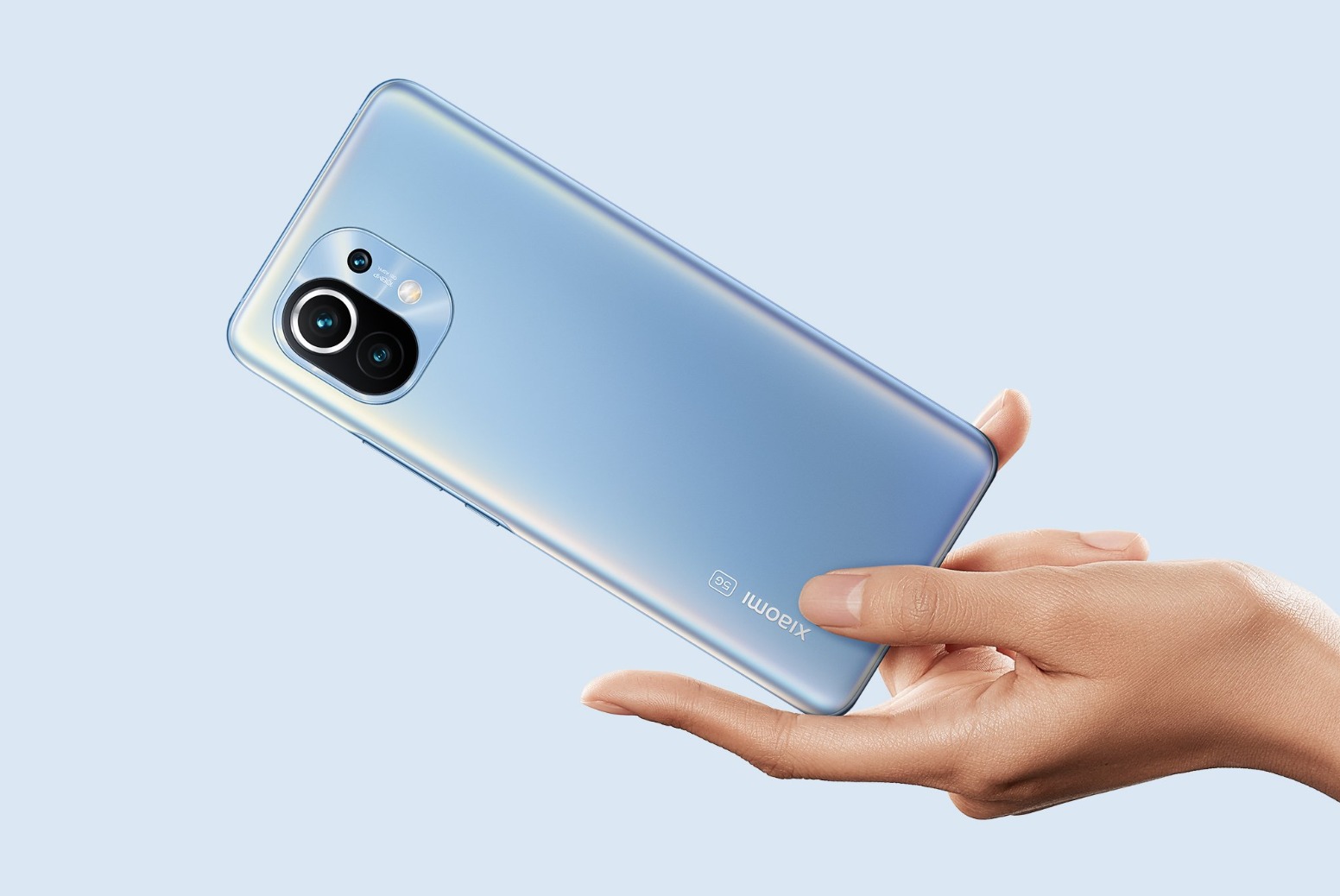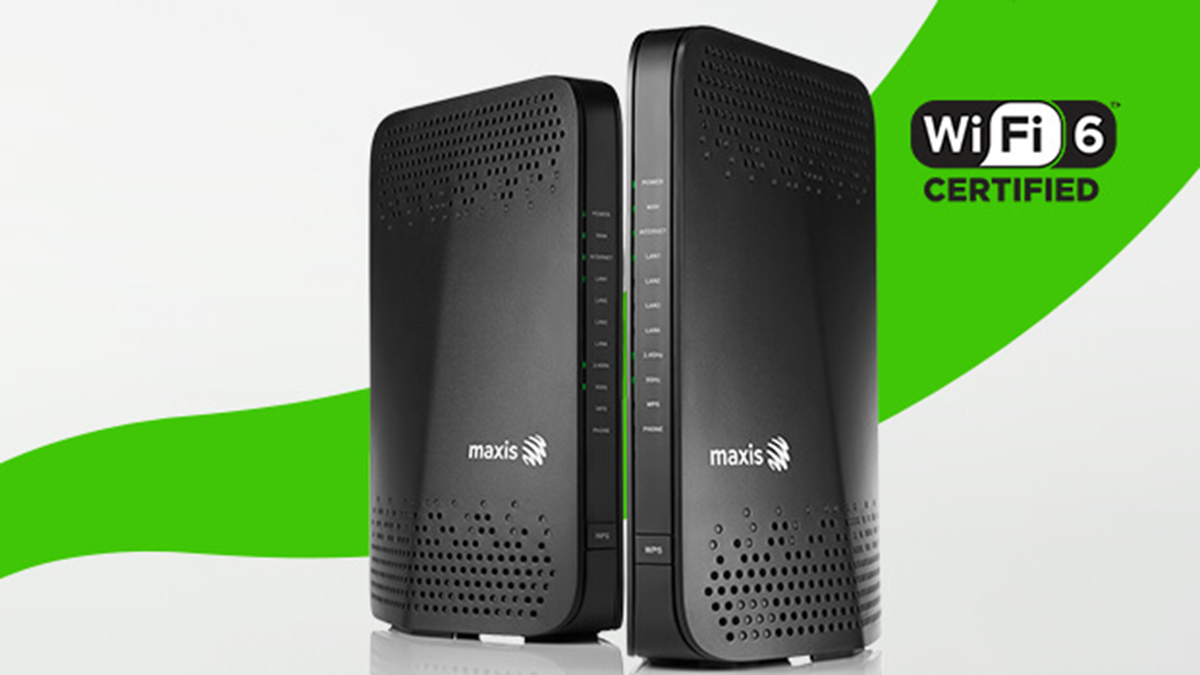Following the approval from the Malaysian Communication and Multimedia Commission (MCMC) to trial 200MHz of 3.5GHz C-band spectrum, Maxis successfully achieved 2.96Gbps for single-user peak speeds at two of its trials sites in Subang Jaya recently. The recorded speeds mark a new high that further reinstates Maxis’ position of being in the forefront of the nation’s 5G development.
Two types of tests were carried out: 5G New Radio (NR) Carrier Aggregation (CA) to showcase single-user peak speeds; and 5G MU-MIMO (multi-user MIMO) to showcase single-cell peak speeds from multiple concurrent user usage.
Maxis revealed that the testing was part of the 5G Malaysia Demonstration Projects announced in 2019, in cooperation with MCMC to facilitate, develop and foster 5G use cases in a live but controlled environment.
Previously, participating telcos were only provided 100MHz per C-band spectrum, with typical downlink speeds from 1.1 to 1.76Gbps.

5G technology offers an ultralow-latency, stronger and more reliable connection, which allows for a superior user experience and massive capacity that will power the next era of mobile communications.
The next-generation communication technology will not only offer higher raw speeds that will power higher resolution video streaming in 4K (and higher) and closer to real-time communication, but also the capability to support massive connections of devices simultaneously. Smart homes and smart cities will stand to benefit from 5G as well.
For businesses, 5G will open new opportunities and use cases with the potential to revolutionise industries such as healthcare, retail, manufacturing, and more.
At a macro level, 5G is seen as a key economic driver that will improve quality of life. According to the Malaysian Institute of Economic Research (MIER), 5G implementation will have a significant impact on the nation’s economy. 5G is estimated to contribute up to MYR12.7 billion to the GPD between 2021 and 2025. That aside, it has the potential to create more than 39,000 new jobs with higher income.
Over the past few years, Maxis has been accessing 5G technology and conducting demo trials in its test lab. It has been upgrading its transport network to support gigabit speeds as well as virtualising its core network elements to better meet the capacity demands of 5G.
In February this year, Maxis and Huawei signed an MoU to cooperate on full-fledged 5G trials. The first fruit of labour was conducting the first 5G live trials in the country (including its first indoor trials), where it recorded close to 3Gbps download speeds.
Later, it participated in MCMC’s #5GMalaysia showcase in Putrajaya to demonstrate how the technology can enable government and corporations to make informed decisions using the technology.
In October, Maxis and Huawei signed a landmark agreement for the provisioning of 5G network.
A month later, the company unveiled its first use case demo at aquariaKLCC, showcasing Malaysia’s first 5G Augmented Reality (AR) experience with marine life.
The latest development is the signing of an MoU between Maxis and Celcom, to explore a potential partnership that will enable both telcos to explore possible business opportunities in 5G.
Malaysia is poised to roll out 5G commercially in the third quarter of this year, as estimated by the MCMC. Malaysian Prime Minister Tun Mahathir is set to officiate the 5G Malaysia Demonstration Projects in Langkawi on 19 January 2020.









